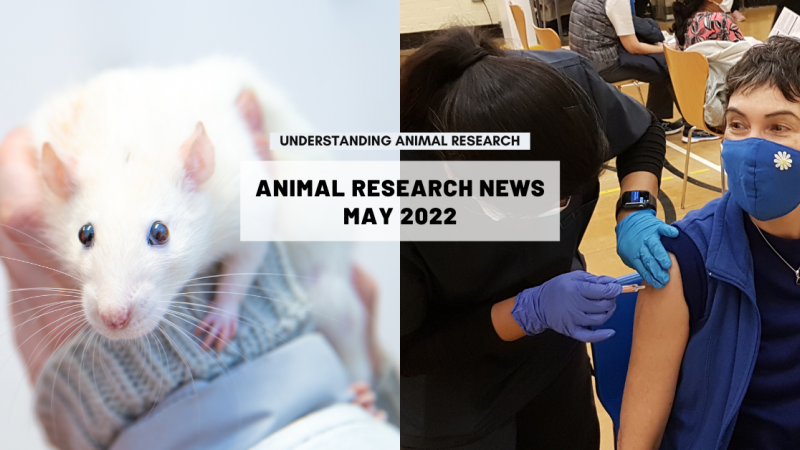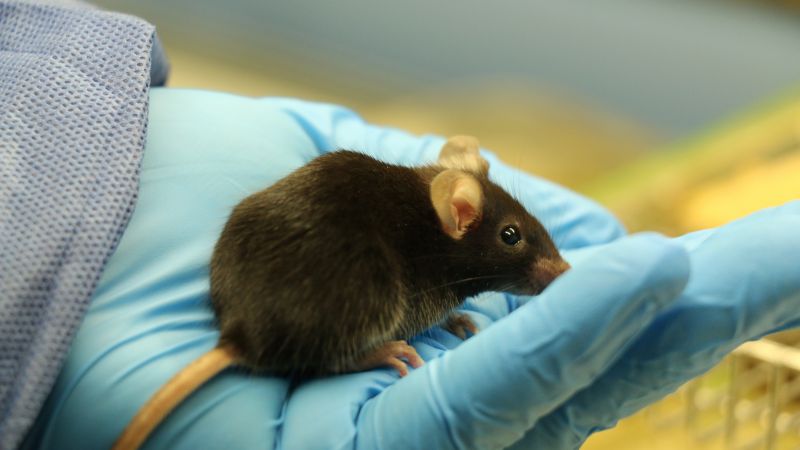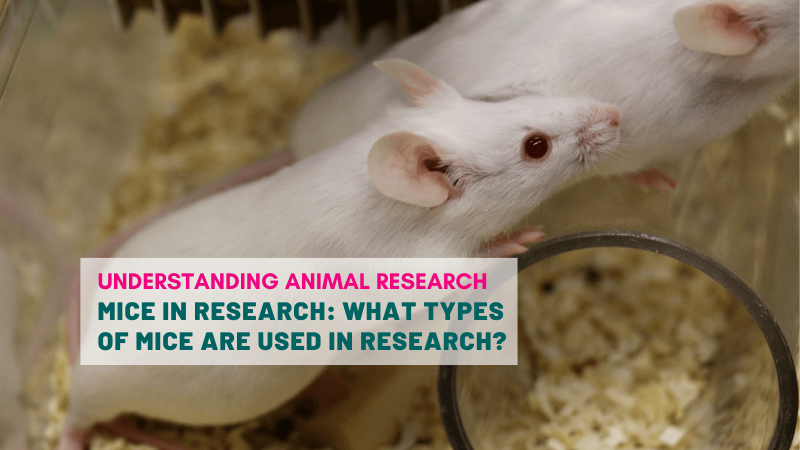A serious type of autism has been successfully treated in mice by bone marrow transplant. The results show that faulty immune cells might be the cause of both physical and mental symptoms of the disease.
Rett syndrome affects roughly 1 in 10,000–20,000 girls born worldwide. It is caused by mutations in the MECP2 gene on the X chromosome. Because they have only one X chromosome, boys born with the mutation die within weeks of birth. Girls with the disease have trouble putting on weight and often do not learn to speak. They repeat behaviours such as hand-washing and tend to have trouble walking. Many develop breathing problems and can even stop breathing for short periods.
Previous research on the function of MECP2 has shown that it is important for the function of neurons in the brain and also other cells that support the neural circuits. This latest research shows that it also has an important role in microglia cells, the 'cleaners' of the brain. Microglia are immune cells that clear dead cell matter and other cellular waste within the brain.
The researchers used mice that also contain mutations in MECP2 and show similar symptoms to the human syndrome. Four week old mice were exposed to radiation to kill off their immune systems. This meant that they no longer had any microglia but their other brain cells were unaffected and still contained the MECP2 mutations. They then injected the mice with bone marrow cells containing a working copy of the gene. The stem cells in the bone marrow then replaced the mice’s immune system with healthy cells.
Mice that did not receive a transplant and ones that were not exposed to radiation only lived for about two months whereas those that received treatment lived for up to a year. Treated mice also improved in walking, breathing and weight gain. The work showed that microglia with the mutant MECP2 gene are not able to function properly and this results in a loss of brain activity and coordination.
These are interesting but very early results. They give scientists a better understanding of the underlying causes of the symptoms of Rett syndrome but much more research will be required before similar techniques could be attempted in people.
Last edited: 26 October 2022 18:14




